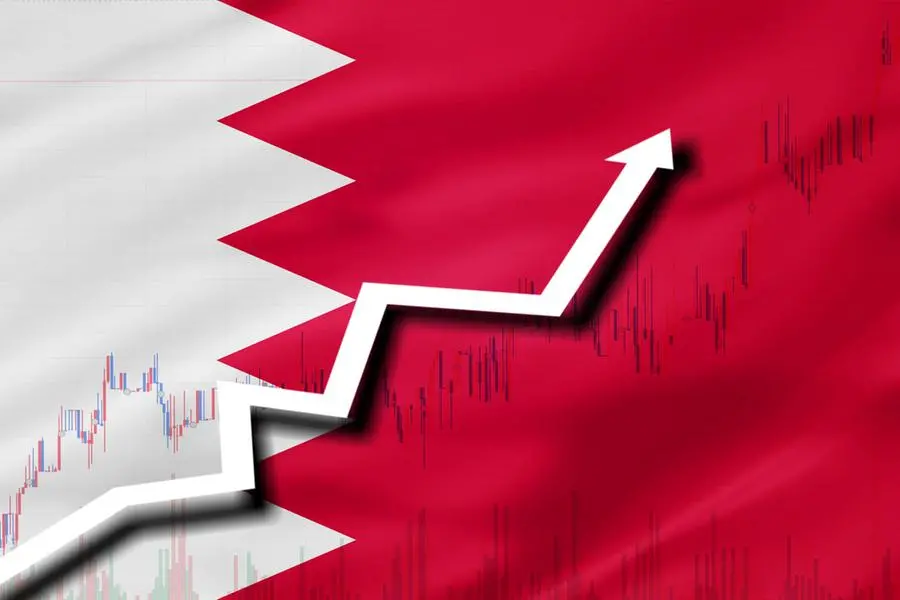PHOTO
Bahrain plans to introduce a comprehensive fiscal strategy designed to diversify and grow revenues while stabilising public finances.
Parliament’s financial and economic affairs committee chairman MP Ahmed Al Salloom, who is also Strategic Thinking Bloc president, told the GDN in an exclusive interview that ‘the fiscal strategy is expected to target multiple areas’.
“Efforts will likely focus on reducing dependence on oil revenues by promoting non-oil sectors such as tourism, financial services, manufacturing and technology,” explained Mr Al Salloom, after Bahrain’s government provided MPs with details of the ambitious plan.
“Policies aimed at fostering private sector participation and attracting foreign investment will play a crucial role in boosting economic output and job creation.
“The government is anticipated to optimise its debt portfolio, leveraging refinancing opportunities and reducing reliance on high-interest loans.”
Mr Al Salloom said Bahrain’s high debt-to-GDP ratio has been a long-standing concern, exacerbated by lower than expected oil prices in recent years and the economic fallout from the Covid-19 pandemic.
However, he added, recent efforts under the country’s Economic Recovery Plan have shown promise when it comes to improving public sector efficiency.
“The government’s ability to execute its new fiscal strategy effectively will depend on careful planning, political consensus and public support,” he said. “Collaboration with international financial institutions and regional partners is also expected to play a key role in achieving the ambitious targets.
“By reducing borrowing to sustainable levels, Bahrain aims to strengthen its economic foundations and ensure long-term prosperity.
“The goal of achieving a debt-to-GDP ratio of 60 per cent by 2036 aligns with international benchmarks for fiscal health and reflects the government’s focus on securing a more balanced and diversified economic model.
“The introduction of this plan marks a critical step forward for Bahrain, signalling its determination to balance fiscal discipline with growth and development priorities.”
Mr Al Salloom, who is also a Bahrain Chamber board member and the Bahrain Small and Medium Enterprises Development Society chairman, said that the call by politicians to receive revenues from sovereign wealth fund Mumtalakat and Bapco Energies for the 2025-2026 national state budget would continue.
“We would like to review profits and discuss what we believe needs to be kept for developmental and operational flow and the rest could be transferred into government coffers,” he suggested. “Also, we want independent government agencies and authorities to contribute from their surpluses into the budget.
“Municipal revenues, even with their independence, already come under the budget and are being used for community services such as lighting and inner roads, besides community projects.”
He said government finances would also be boosted from additional revenues with the introduction of corporate tax from January 2025. “Around 300 companies, out of which seven are fully Bahraini-owned, will fall under it, and expected revenues by the end of next year are BD100 million,” he added.
Mr Al Salloom said the new budget, which will be presented by the government, will be calculated according to oil priced at $60 per barrel.
“The basis needs to be safe and if there is anything extra from occasional bumper prices, it will be reflected on government spending,” he said. “Bahrain is a safe economy with a very strong currency, there are difficulties but they could be overcome with sustained financial growth.”
Parliament and the government will meet later this week to discuss financial measures.
Copyright 2022 Al Hilal Publishing and Marketing Group Provided by SyndiGate Media Inc. (Syndigate.info).





















